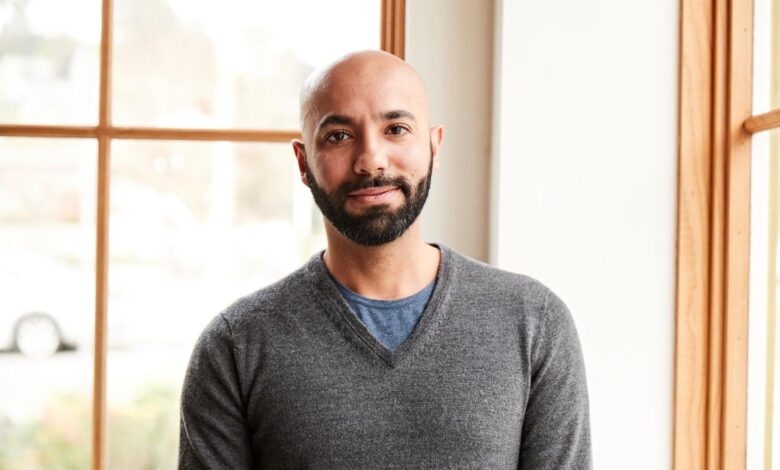‘I do not wish to be anonymous’: Doctor becomes ‘first’ Qatari to publicly come out as gay

The moment Nas Mohamed knew for certain he was gay, he panicked.
“I walked into a gay club and I knew I was 100 per cent gay,” he tells The Independent. “I went home and cried, I thought my life is in crisis. I thought I was going to go to hell, my life is damned.
“That was the main thing. And then I thought about the risk of anyone finding out. I genuinely feared I would be killed if anyone knew.”
Nas, 35 this month, is Qatari.
Homosexuality in the Gulf state is illegal. Same-sex relationships are outlawed and carry a punishment of several years in jail. Qatar is one of almost 70 countries identified by the International Lesbian, Gay, Bisexual, Trans and Intersex Association, which criminalises consensual same-sex activity.
Aside from the illegality, the social pressures on any Qatari suspected of being LGBT+ are many.
Gay Qataris live in the shadows, at constant fear of their secret becoming public, being detected, entrapped or harassed by police and security services. If exposed as LGBT+, they face social shaming, permanent ostracisation from friends and family, severe risks to their mental health, the threat of violence, or worse.
Despite all this Nas has made the decision to come out in the media, possibly the first Qatari to declare himself as gay to the wider public and not just a few trusted friends.
“I do not wish to be anonymous,” he says over the phone from San Francisco, where he now lives, and works as a physician. He is seeking asylum because, Nas says, he does not feel safe returning to the Gulf.
It is entirely his decision to come out, something he has considered for some time before taking the plunge now.
Nas understands the personal cost that will almost certainly result from going public. Any chance of reconnecting with his estranged family will be lost; his family could be publicly shamed, he claims, but likely to distance themselves from him even further. Any chance of returning home to Qatar ever again is unlikely.
Despite this, he is insistent he is making the right decision.
“I already lost everything – my citizenship, my family and my financial security in Qatar. For us to change things for LGBT+ Qataris, we need more people to come out.
“Referring to us by anonymous names without faces enforces the view that we are doing something wrong that we need to be ashamed of.
“I would like to share my views with my name, as a physician and as a Qatari citizen that still has parents and siblings in the country. They need to know I am one of their own and and am not a ‘western agenda’ as they refer to us,” he says defiantly.
Nas Mohamed nows lives in the US and says he would fear going back to Qatar
Among the many charges levelled at LGBT+ Qataris from the Gulf is one which argues that they are “pawns” of the west, trying to force “abhorrent” outside views on an established religious, conservative culture. This is strongly denied, not only by Nas, but other gay Qataris who argue they do want to follow western culture but merely seek acceptance from their own country.
The Gulf and the issue of homosexuality has long been in the spotlight, but has been pushed centre stage by the fact that Qatar will host football’s World Cup, arguably the biggest sporting event in the world, starting in six months’ time.
Qatar has come under exceptional criticism, especially for its human rights treatment of migrant workers. This critique has broadened in recent months to an examination of the country’s law on homosexuality and treatment of its LGBT+ community. Attempts by Doha to counter accusations that it is a relatively progressive country in the region and has adapted and responded to western calls for change on issues such as workers’ rights, founder on the issue of sexuality.
The country’s zero–tolerance approach to homosexuality is founded in religion and culture as much as it is law, and appears wholly immovable and resistant to growing calls for change.
A worker is pictured at the Lusail Stadium in Doha, Qatar, on 28 March, 2022
Men and women wearing traditional Qatari clothing walk along the Corniche in Doha





